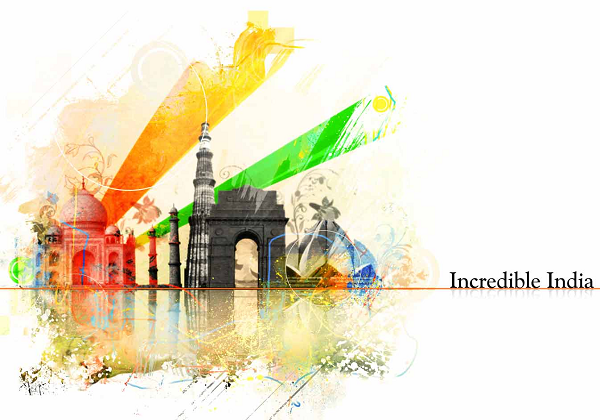
South Africa targets Indian tourists
 By Christine Nayagam, Durban (IANS) South Africa has identified India as a key focus market for boosting tourism and it will shortly launch an aggressive campaign to attract tourists from there.
By Christine Nayagam, Durban (IANS) South Africa has identified India as a key focus market for boosting tourism and it will shortly launch an aggressive campaign to attract tourists from there.
South African Tourism Minister Derek Hanekom announced this at the INDABA tourism fair here. He said that the country had received more than 80,000 Indian tourists last year and his ministry planned to dedicate to India a significant part of its advertising budget of nearly $8 million this year, with the objective of boosting significantly the arrivals from India.
“India has a huge potential and our challenge is to see what is needed in order for this market to grow and for us to get a fair share of the huge pool of Indian travellers,” Hanekom told this correspondent.
He said Indian travellers felt at home in South Africa as they had a very large population of people of Indian origin, especially in Durban.
“Mahatma Gandhi had also lived here in Durban. Here, just like in India, we have different cultures and different religions living in harmony with one another,” he added.
INDABA, which means gathering in Zulu, has positioned itself as the largest tourism fair in the African continent and attracts participation from all African countries which come to display their new products and services, as tourism is an essential sector for creating employment as well as economic growth in the least developed continent in the world.
“The safari experience is certainly one of the key selling point of Africa. We don’t have the Taj Mahal or some of the incredible sites that you have in India, but here in South Africa, you can be guaranteed to see the Big 5 (Lions, Elephants, Rhinos, Buffaloes and Leopards) in just one, single safari,” Hanekom said.
Tourism to South Africa and other African countries was severely hit by fears arising from the fresh outbreak of Ebola epidemic in West African nations of Liberia, Sierre Leone and Guinea. The market has begun to show signs of recovery, now that the outbreak has subsided.
The minister said that tourists’ fears were misplaced about contracting the virus in South Africa. “In fact, Europeans were much closer to where Ebola was happening than we were in South Africa,” Hanekom said.
Apart from a subsiding Ebola, Hanekom placed his hopes on boosting arrivals from India on the ease of visa regulations for Indians visiting South Africa. Earlier, the visa regulations were strict and it would take up to three weeks for getting permission to travel. In April this year, after Hanekom’s visit to India, the norms have been eased and visas should be easier and quicker to obtain for Indians.
“The problem is that our consulate and embassies were having difficulties in answering and handling the visa demands during the peak travel season in India and it often took up to three weeks for delivering visas. That is simply too long. I am convinced that if we manage to make the visa easier we can double the numbers in a couple of years,” Hanekom explained.
For many Indians, the country is also perceived as an elite and expensive destination just like European countries, but in recent months a weakening Rand has allowed more Indians to visit and spend more.
Another peculiarity of the Indian travellers is that they like to visit several countries on a trip. While in Europe and North America it is simpler due to visa-free travel between nations, it is still a challenge in Africa.
This point was a focus of discussions at the INDABA this year and various African countries have begun looking at how to facilitate such seamless travel in Africa. Hanekom admitted that security and instability issues in some African nations remained an important barrier to visa-free travel within the continent.
The minister also allayed fears of travellers that that some areas in South Africa were unsafe.
Hanneli Slabber, country manager of South Africa Tourism in India, said: “I guess you have to beware of pickpockets anywhere in the world. Indians visiting South Africa enjoy adventure and activities and they buy triple the amount of activities than those from other nations. Indian women are actually leading in terms of numbers and they like the country and feel safe.”
Slabber said that now a lot of vegetarian options, including vegan and Jain food, are available in the country and there were several Indian restaurants. “Our cuisine is influenced by Indian curries as well and a lot of South Africans, not necessarily of Indian origin, can cook good Indian cuisine,” he added.
However, in a blow to tourism from India, the national carrier, South African Airways, facing a shortage of aircraft, has stopped the only direct flights from India (Mumbai) to South Africa, forcing Indian tourists to go for alternatives like Emirates or Qatar with one-stop flights.
(Christine Nayagam is with the Media India Group. She can be reached at c.nayagam@mediaindia.eu)
